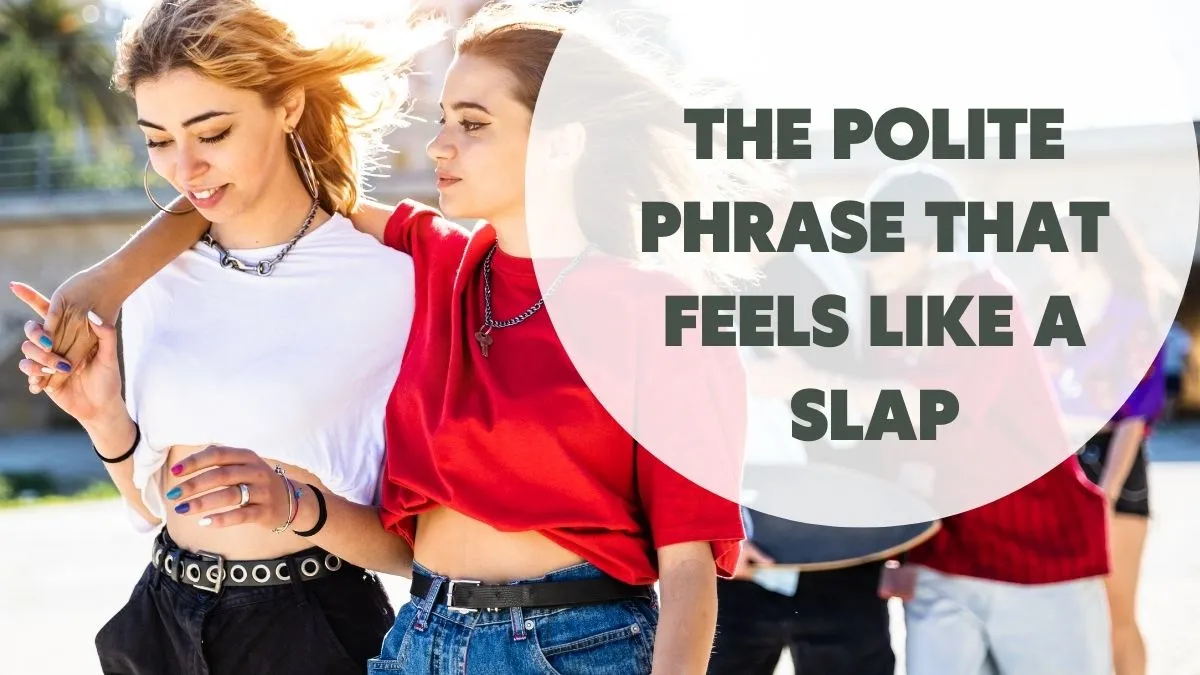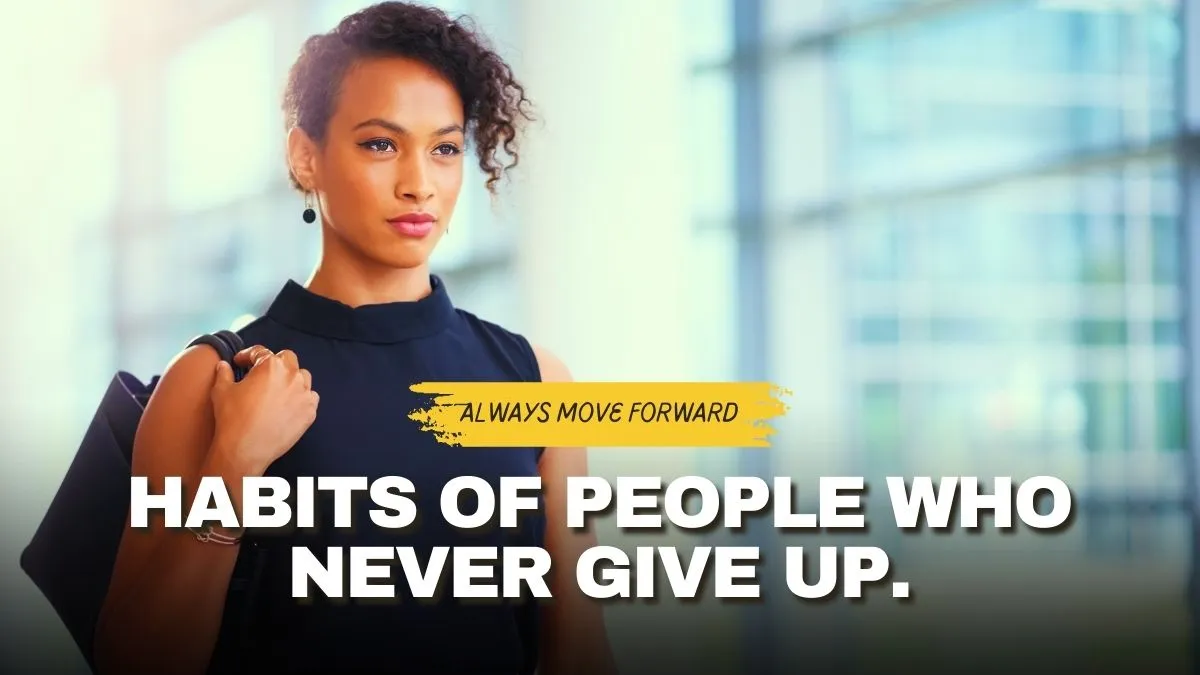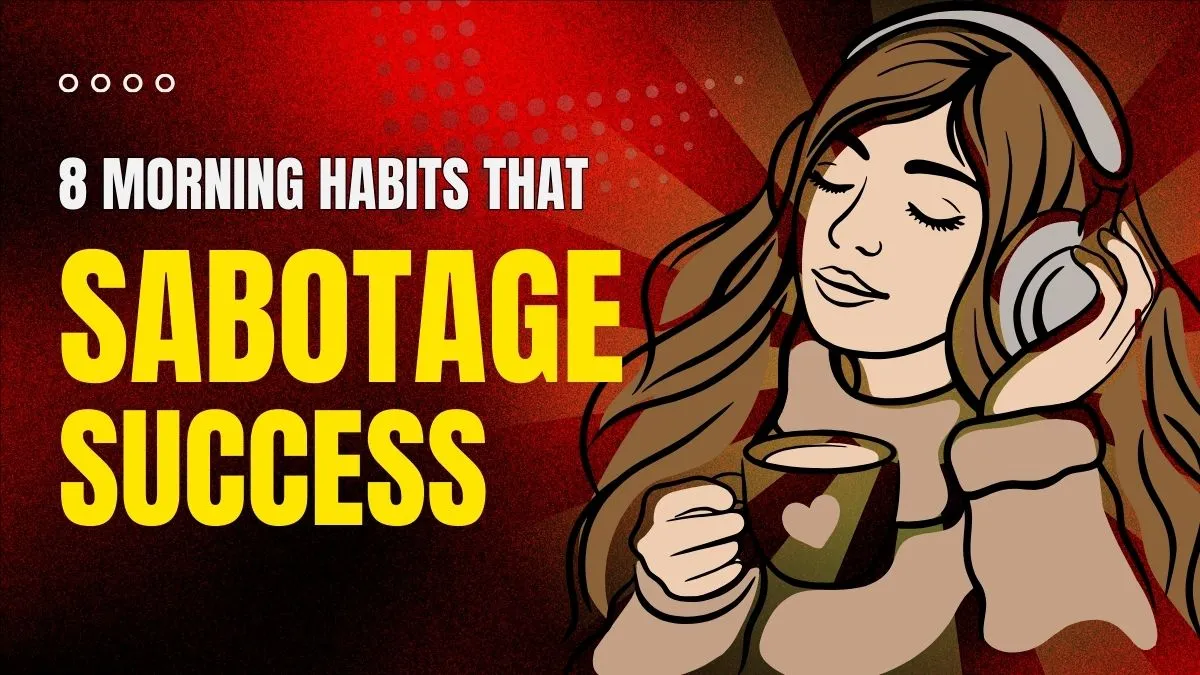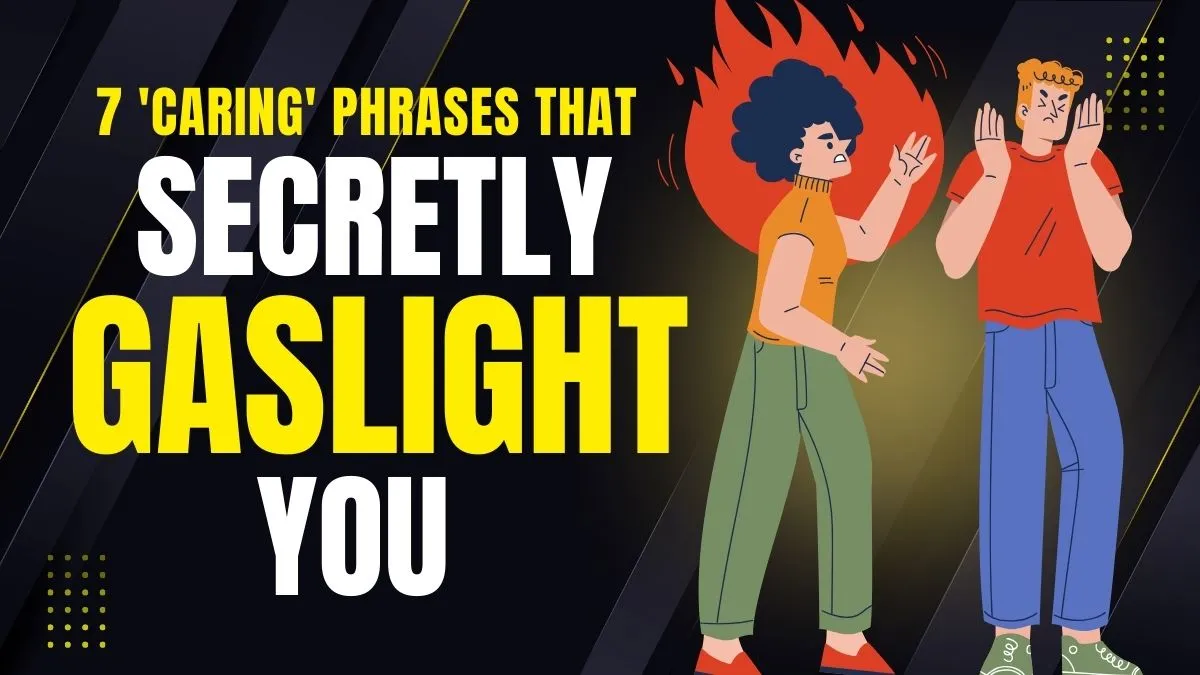9 Things Boomers Think Are Polite—But Gen Z Sees as Passive-Aggressive

Have you ever walked away from a conversation feeling… off? Like someone was nice on the surface, but something they said just stung? You’re not imagining it. What older generations were taught as “good manners” often lands differently today — not as kindness, but as backhanded comments wrapped in a smile.
The truth is, 9 things boomers think are polite are now being read by younger people as subtle digs, emotional manipulation, or quiet judgment. And most of the time, no one even realizes it’s happening.
1. “Bless Your Heart”
A Southern staple, often said with a soft tone. To boomers, it’s sympathy or gentle correction. To Gen Z and millennials? It’s a velvet-covered insult — like “you’re trying your best, and that’s adorable.” The phrase carries centuries of coded judgment, and today, it reads less like comfort and more like condescension.
2. Leaving Passive-Aggressive Notes
Slipping a sticky note under your door about dirty dishes or laundry? Boomers see it as considerate — avoiding confrontation. Younger people see it as indirect, cold, and sneaky. If something needs to be said, they’d rather hear it face-to-face. Written notes without tone or context feel like silent punishment, not communication.
3. Over-Praising Mediocre Efforts
“That’s such a cute outfit!” when it’s clearly not. “You’re so brave for trying!” after a basic presentation. Boomers use praise to encourage and cushion criticism. But younger generations hear it as patronizing — like they’re being humored instead of respected. Empty compliments don’t build confidence. They erode trust.
4. Saying “I’m Not Racist, But…”
This prefix is a red flag. Boomers may believe they’re being honest or “telling it like it is.” But younger people hear a warning sign — the setup for a stereotype, outdated belief, or microaggression. Once you feel the need to say “I’m not racist,” the next sentence usually proves otherwise. Intent doesn’t erase impact.
5. The Silent Treatment as Discipline
Giving someone “the cold shoulder” to express disapproval? Boomers were raised with it — parents, teachers, even spouses used it as a form of correction. But today, it’s seen as emotionally immature. Younger generations call it stonewalling, a form of passive aggression that shuts down dialogue instead of solving problems.
6. “We Did It This Way for 50 Years”
Invoking tradition as a reason to resist change isn’t seen as wisdom — it’s heard as resistance to growth. Boomers may mean to honor stability, but younger people interpret it as closed-mindedness. When feedback is met with history instead of listening, it feels less like respect and more like dismissal.
7. Backhanded Compliments About Age
“You look so young for your age” or “You’re handling technology really well for someone your age.” Sounds friendly, but it’s layered with assumption. These “compliments” reinforce stereotypes about aging — that looking older is bad, or that older people are naturally behind. It’s politeness with a side of bias.
8. Avoiding Direct Conflict “to Keep Peace”
Boomers often avoid tough conversations to maintain harmony. But younger generations see this as avoidance — letting resentment build behind a fake smile. They’d rather have an honest, uncomfortable talk than pretend everything’s fine. Peace without honesty isn’t peace. It’s tension in disguise.
9. “Let Me Do It — You’ll Just Make a Mess”
Offering help is kind. But doing it for someone while implying they can’t handle it? That’s control masked as care. Boomers may think they’re being helpful or efficient. But younger people hear: I don’t trust you. I don’t respect your way. True support empowers — it doesn’t take over.
Read Also: 8 Habits That Keep People Fit Without Stepping Into a Gym
These aren’t about good vs. bad people. They’re about clashing values shaped by different worlds. Boomers were taught restraint, hierarchy, and indirect kindness. Younger generations value transparency, equality, and emotional honesty.
So ask yourself: Which of these “polite” habits have you used — or been on the receiving end of — without even realizing the message behind them?





